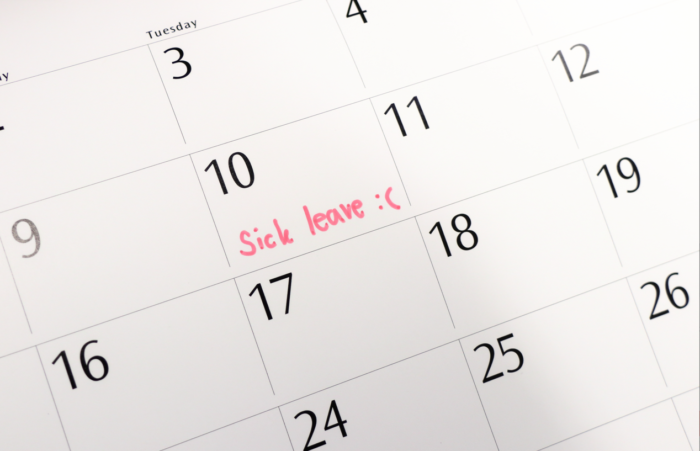Employees are taking around 14.4 million sick days a year because of poor sleep, according to new data.
Canada Life research found that one in six (16%) adults reported a lack of sleep was contributing to poor physical or mental health, while a similar percentage (15%) said this had resulted in at least three days absence from the workplace in the last year. Extrapolated across the UK this equates to 14.4m lost working days – around 11% of total absences.
Canada Life’s research shows the average UK adult sleeps for just six hours and 12 minutes a night – less than the seven to nine hours recommended by the NHS.
In total more than one in three adults (36%) said they don’t feel they are getting enough quality sleep most nights, and six out of 10 (63%) said they often felt the desire to nap during the day.
The research also looked at the reasons why so many employees are not getting a good night’s sleep. One in four (24%) admitted they stay up too late, while 14% said it was a result of using mobile phone and other tech devices in bed.
However, for one five (21%) , bad nights are a result of physical conditions or illnesses, and 17% said it was due to poor mental health – a quarter (25%) of whom have had to take a sick day to catch up.
Meanwhile, one in 10 (11%) people struggle with poor sleep because their partner snores, 16% have insomnia and 12% say their financial situation is stressful and keeps them awake.
Only three in 10 employees (30%) have sought help to address their poor sleep. Of those who have tried to improve their sleep, 45% have taken sleeping pills or medication, 36% have spoken to an NHS doctor, 32% have tried meditation or mindfulness, 29% have used alternative or herbal medicine and 23% used an app.
Canada Life senior rehabilitation consultant John Kendall said: “Lack of sleep and poor sleep quality is a really important factor in our overall wellbeing and wellness. It underpins everything we do, forming the basis of how we feel, our health, wellness, our relationships, and our professional lives.
“Employers can play an important role in giving employees access to the right kind of help to improve their sleep and therefore, their overall wellbeing. Benefits like providing access to virtual GPs and support services can play a huge role.”












